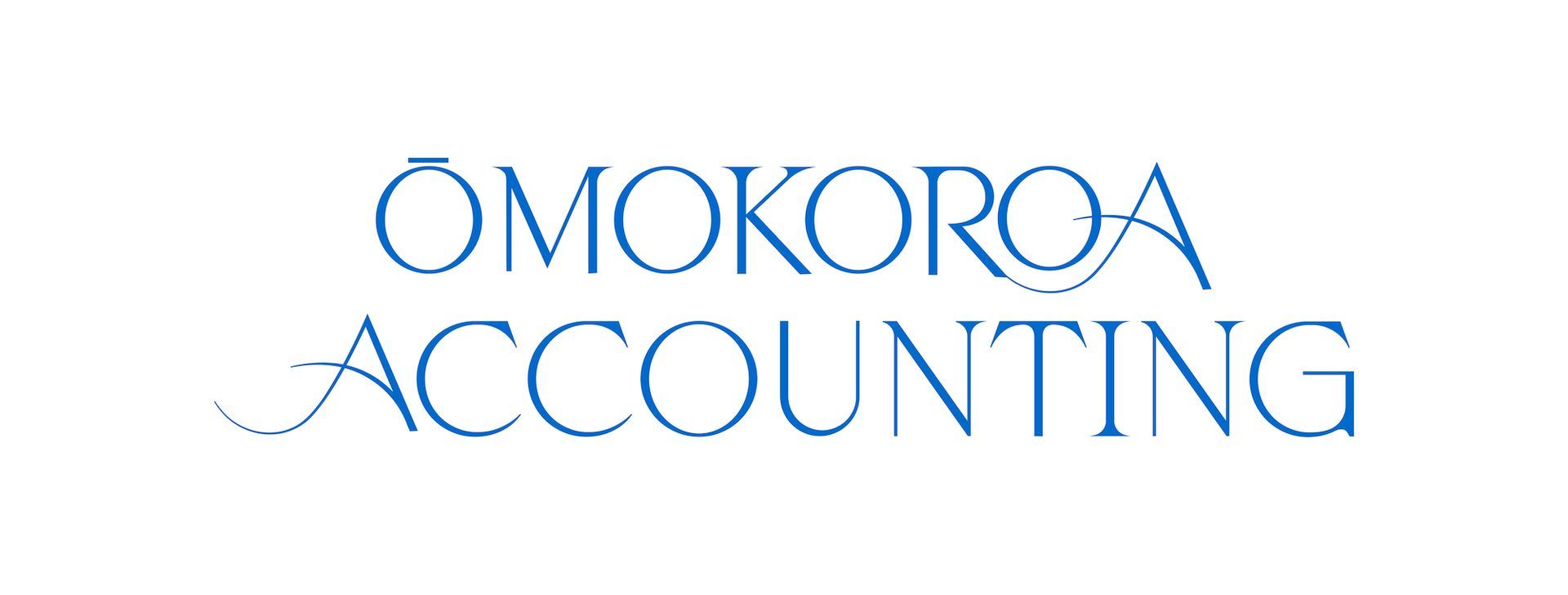KiwiSaver for the self-employed
If you’re self-employed it can be easy to forget about your KiwiSaver contributions. KiwiSaver is a voluntary savings and investment scheme that helps you save for your retirement. When you are employed, you usually don’t have to think about your KiwiSaver as it is automatically deducted from your wages. However, when you’re self-employed you need to be the one to make the contributions.
Is it still worth contributing?
When you’re self-employed you no longer get some of the benefits that employed people receive, such as holiday pay and sick leave. This also includes your employer's contribution to your KiwiSaver. This may leave you wondering if it’s still worth contributing to. But if you continue to contribute to your KiwiSaver, you are still eligible for the government contribution.
If you contribute at least $1042.86 by June 30 each year, the government will contribute $521.43. It’s easy to carry on contributing. We recommend you set up automatic payment through your online banking and make regular contributions to your KiwiSaver. Either $100 per month or $25 per week is sufficient to ensure that you receive the “free” government contribution each year.
Something worth considering is that, for people aged 65 or over, in most situations, the government will stop contributing by this age. So, we recommend a discussion with your financial advisor at this point, as you may want to move your funds to a more accessible account.
Need financial advice? Give us a call, we can help.


